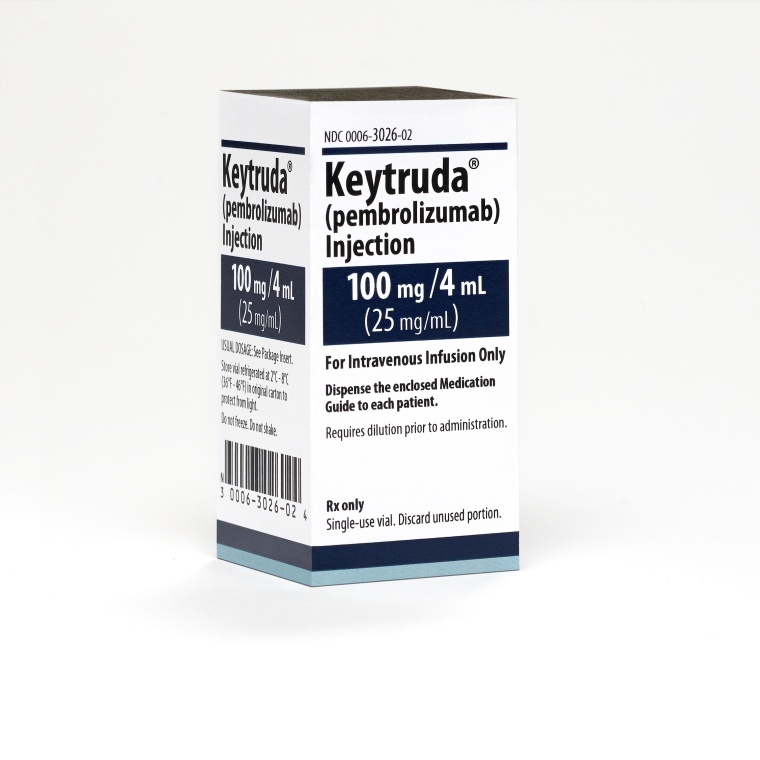UK Rejects Keytruda as First Lung Cancer Option

Britain's health agency National Institute for Health and Care Excellence (NICE), which has responsibility for assessing the cost-effectiveness of medical treatments, has decided not to recommend that the National Health Service (NHS) allow the use of Merck & Co's immunotherapy drug Keytruda in patients in England and Wales with newly diagnosed with non-small cell lung cancer patients.
The NHS in Scotland and Ireland is run by authorities in the two devolved countries.
NICE initially rejected use of the US drugmaker’s chemotherapy medicine for patients who did not respond to prior treatment, but greenlighted this application in December 2016 after
Merck (which trades as MSD outside the US and Canada) agreed to further cuts in the drug’s price.
Keytruda is already approved in the UK as a cost-effective treatment for melanoma. However, according to NICE's draft guidance, which will be subject to public consultation until Mar. 21, data from clinical trials in the initial lung cancer application has not been reliable enough.
“The exact size of the overall survival gain for Keytruda compared to the current standard of care was uncertain because of the immaturity of the data," an agency spokesperson told UK media.
Even with a discount, the high cost of the drug, which has a list price of around £2,360 per 100 mg vial, means that the Quality Adjusted Life Year (QALY) was likely to cost in excess of £50,000 – well above NICE’s usual threshold for cost-effectiveness – reports said.
The US drugmaker said it was disappointed by the NICE decision, adding that its new UK managing director will work with British authorities with to find a way to resolve the problems.









